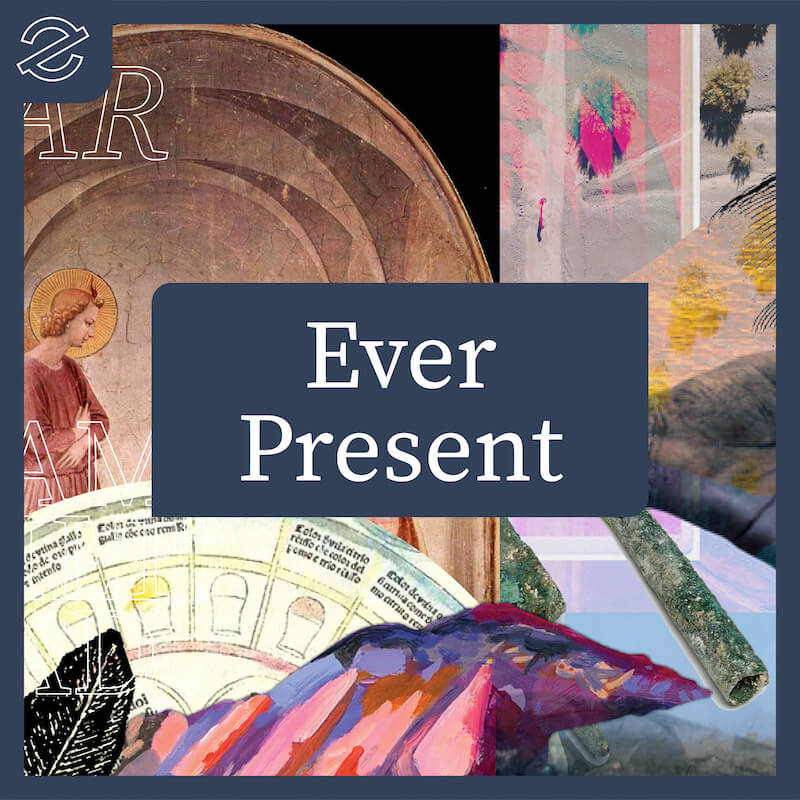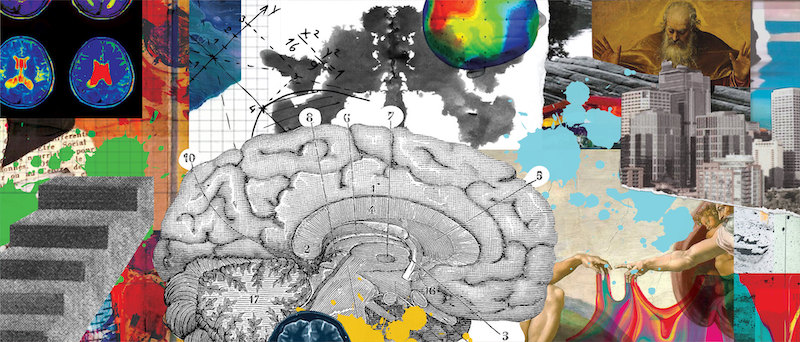
Featured

My earliest memories of God centered around a small Methodist church located in a tiny north Mississippi town my mother’s family had faithfully attended since before anyone could remember. One Sunday evening when I was four years old, my mother told me to get ready for church, which seemed odd to me because we had already been to church that day. But I remember my joyful anticipation. When I asked her why we would go right back to church in the evening after going in the morning, I heard her say, “Because we’re going to see God.” I’m quite positive . . .
Latest

My earliest memories of God centered around a small Methodist church located in a tiny north Mississippi town my mother’s family had faithfully attended since . . .

Several years ago, I received a phone call from my niece, Madison: “Uncle Phil, I prayed to receive Jesus into my heart tonight. I know . . .

“Emotion.” For some, even saying or hearing the word activates . . . emotion. But what is it? Or perhaps the question is, “What are . . .



Because we are loved by God, we cultivate environments conducive to deep and meaningful relationships.
“Because we loved you so much, we were delighted to share with you not only the gospel of God but our lives as well.”
We have been created as embodied beings with an innate capacity for relationship. Because emotion is the language of relationship, we champion the courage required to examine our emotion and the honesty and vulnerability necessary to admit what is true about ourselves in the presence of God and others. As our emotional quotient grows, our capacity for relationship deepens and enables us to create spacious environments for others to experience deeper relationships themselves. The more we have of ourselves, the more we are able to give to others, and vice versa. This relational flourishing bears witness of the reality of the kingdom of God in a relationally fractured, isolated world. We reject any desire or attempt to live out of an artificial, false self, and work hard to maintain and grow authentic environments with meaningful relationships.
Because we are loved by God, we sit in unresolved tension with others, curious about how God is at work for our good in his time and his way.
“Since we live by the Spirit, let us keep in step with the Spirit.”
Because we are settled in the joy that comes from experiencing an identity as God’s beloved with an integrous life, we are naturally able to sit with others in the unresolved tensions of their lives. We reject any attempt to fix others apart from the leading and empowerment of the Spirit. Rather, we patiently wait with others, continually pointing them to the presence and work of God in their lives. This allows us to be relationally present, instead of pushing an agenda on God and others to behave in ways we assume is right. We reject any attempt to coerce transformation or “hurry” someone along in their journey toward maturity, instead holding a posture of dependence on God in the lives of others.